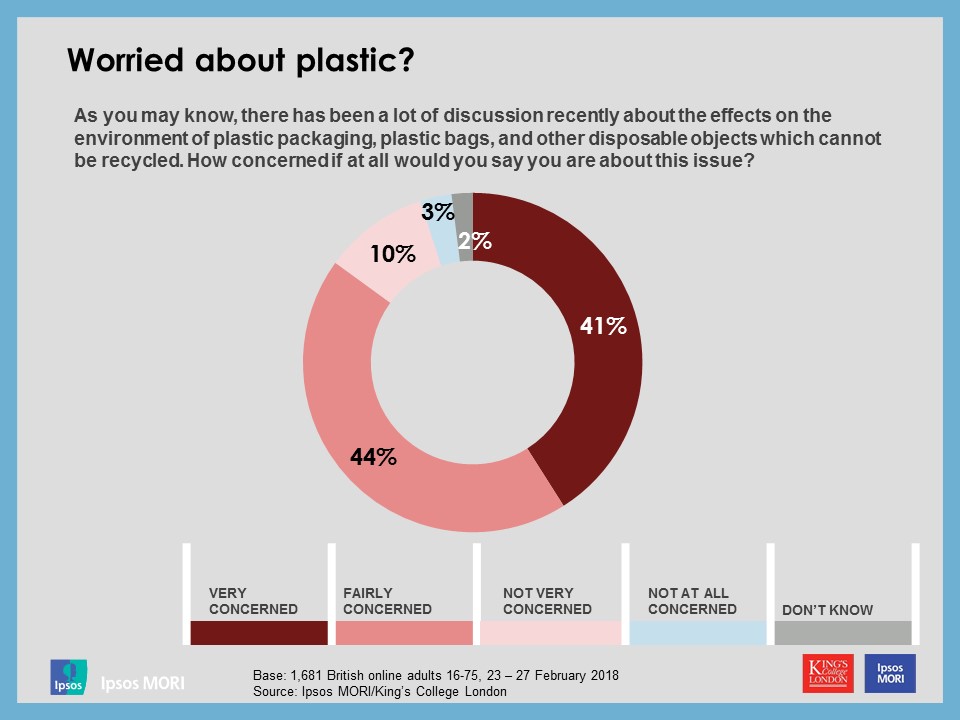 Public awareness and concern about plastic waste
Public awareness and concern about plastic waste
In social media, plastic is associated with sustainability and waste, indicating certain problem awareness. Recently, surveys conducted on citizens in several countries show that pollution in general and plastic waste in particular, are perceived as major environmental problems. Awareness is already high among school children from different countries. Studies found that the majority of secondary school students understand how harmful plastic waste is to the environment.
Most people know that plastic waste negatively affects marine animals and that debris is a threat to boats and humans. Litter also results in a reduced preference for a place, especially when the litter originates from the general public, compared to fishing-related litter. Health-threatening litter items are perceived to be the most offensive, like condoms. People are concerned about their health and well-being, but in general, they perceive plastic litter as an environmental, not a human hazard. This was different a decade ago when human risks were rated higher than or similar to environmental hazards. It illustrates the increased awareness of environmental hazards and the changed risk perception of plastic pollution over the last few decades.
Research across the United Kingdom found that almost all of the British public are concerned about the effects of plastic waste on the environment. There are however age differences, with younger generations being less concerned than older generations. While 50% of those born in or before the Baby Boom generation were very concerned about the impact of plastic, only a third of the Millennials express this degree of concern.